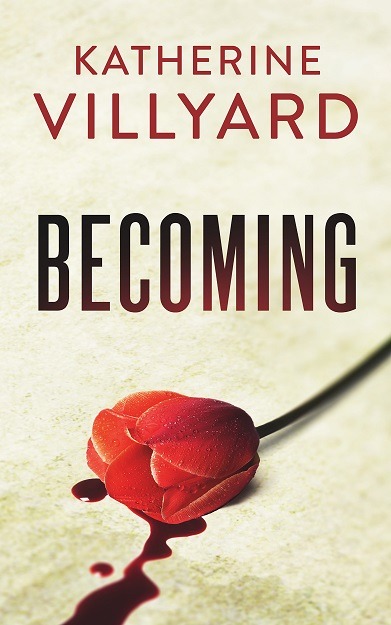I should really call this post, “Everything I ever learned about job hunting I learned from writing,” even though that’s not really true. However, there are, in fact, writing links in here. (I’m a published short fiction author under a pseudonym.)
[Note: I have a new job and am not looking at this time. I do, however, have friends and relatives who have requested resume help.]
The first thing you need to keep in mind when job hunting is that it’s not personal. It’s not about you at all. It’s about an employer who has a need to fill. When I was job hunting, I kept this link in mind. A sample:
Anyway, as I was saying, it realio trulio honestly isn’t about you the writer per se. If you got rejected, it wasn’t because we think you’re an inadequate human being. We just don’t want to buy your book. To tell you the truth, chances are we didn’t even register your existence as a unique and individual human being. You know your heart and soul are stapled to that manuscript, but what we see are the words on the paper. And that’s as it should be, because when readers buy our books, the words on the paper are what they get.
This all becomes clearer if you think about it with your reader-mind instead of your author-mind. Authors with books are like mothers with infants: theirs is the center of the universe, uniquely wonderful, and will inevitably and infallibly be loved by all who make its acquaintance. This has its good aspects; books, like infants, need someone to unconditionally love them, and champion all their causes. On the other hand, it can be a form of blindness.
Your reader-mind has a different understanding of the whole book thing. Your reader-mind knows what it’s like to walk into a bookstore, or a Costco, or a Target, and confront a wire rack the size of your living-room wall, with slot after slot filled with books. At that moment, standing there in front of that rack, you don’t much care about encouraging new writers, or helping create a more diverse literary scene, or giving some author a chance to express herself. You want a book that will please you, and suit your needs, and do it right now. Dear reader, you are many things, but “gentle” isn’t one of them.
So, to extend the metaphor, pretend you’re hiring and have five hundred resumes on your desk and then look at yours. (This may be easier if you’ve ever been on a hiring committee or sorted through resumes, but even if you haven’t, imagine.) A recent article said that recruiters look at your resume for 6 seconds. Make it easy for them, and put the stuff they mention specifically up near the top of the lists. Don’t bury the shiny halfway down the page. They might not get that far.
I also had a couple of people say that they weren’t sure what to do with the education portion. Look, if you’re applying for jobs that say, “Associate’s degree or four years of relevant experience,” and you have five years of relevant experience and no degree, don’t put your high school under education or apologize for not having a degree (or, worse, claim you’re an MIT graduate). Just don’t. Leave that section off. Opt for a compelling silence. The resume police aren’t going to come get you if you leave off information they’re not even asking you to provide. If, on the other hand, you have a degree in an unrelated subject, well, so do I. Put it on there. Your Master’s degree in Divinity from Harvard will give you and the interviewer something to talk about.
Cover letters: This is a fiction cover letter, but I used this basic strategy for my job hunting cover letters. Several years ago, someone asked me about cover letters, saying, in an aggrieved tone of voice and with an accompanying eyeroll, “So, I just rehash what my resume already says?”
No! You do an eclectic celebration of the dance! You do Fosse Fosse Fosse Fosse Fosse! You do Martha Graham Martha Graham Martha Graham, or Twyla Twyla Twyla, or Michael Kidde Michael Kidde Michael Kidde Michael Kidde, or Madonna Madonna Madonna Madonna… but you keep it all inside.
Sorry.
No, you personalize your resume to the job listing, and your cover letter is a chance to explain why you are FREAKING AWESOME and perfect for the job by highlighting what’s already in your resume. You know, in case they miss it by only looking at your resume for six seconds.
These are not a dry rehashes of your entire life up until this point. They’re marketing documents, and you’re the product.
By the way, you know they’re googling you, right?


